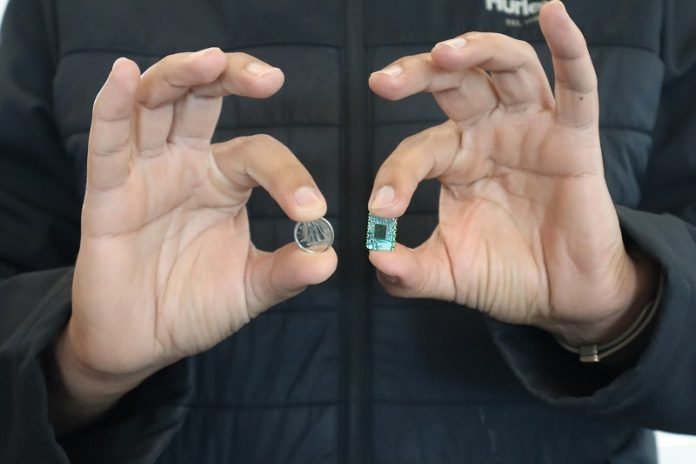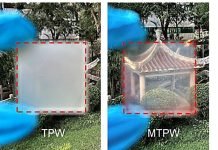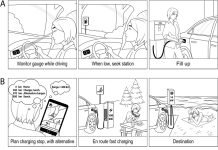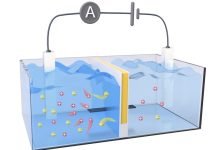
A team of clever scientists at the University of Waterloo has drawn inspiration from the futuristic medical bay of the USS Enterprise in “Star Trek.”
They’re working on a groundbreaking project that could transform ordinary cars and trucks into mobile health-check stations.
Imagine getting a health check-up while you’re stuck in traffic or cruising down the highway!
The brains behind this idea, Dr. George Shaker and his group of talented graduate students, have found a way to use radar technology—similar to what’s used in speed guns by the police—to keep an eye on the health of drivers without them having to wear any gadgets.
This nifty radar, which is as small as a USB thumb drive, fits snugly inside the vehicle and sends out signals that bounce off the driver, picking up tiny human vibrations like heartbeats and breathing.
With the help of some smart AI (artificial intelligence), the radar can analyze these signals to check if everything’s okay with your health.
It’s so advanced that it can notice even the slightest changes in your heart rate or breathing pattern that might mean you need to see a doctor.
And the best part? Once you’re done driving, it sends all this info straight to your smartphone.
Dr. Shaker shared that this isn’t the first time they’ve played around with radar in cars.
They started experimenting with it back in 2017 for things like controlling the radio without touching it and making sure no one accidentally leaves pets or kids in the car.
But using radar to monitor health is a brand-new adventure that could make cars the medical centers of the future.
This technology isn’t just cool; it’s also smart. The team has been working hard to make sure the radar can tell the difference between different kinds of health issues, whether it’s a problem with your heart or if you’re having trouble breathing.
They’ve even tested it with fake (synthetic) data and real people who have heart conditions to make sure it works as expected.
Ali Gharamohammadi, a key member of the research team, emphasized how they’ve paid special attention to keeping people’s information private and secure.
Unlike a lot of other technology out there, this system doesn’t store your health data in the cloud or anywhere else online. It only sends it to your phone.
Looking ahead, the Waterloo team is excited about making this radar tech even better.
They aim to monitor the health of everyone in the car, provide detailed health reports, and could even help in emergencies by automatically calling for help if needed. It’s a big step towards making sure we stay healthy on the go.




